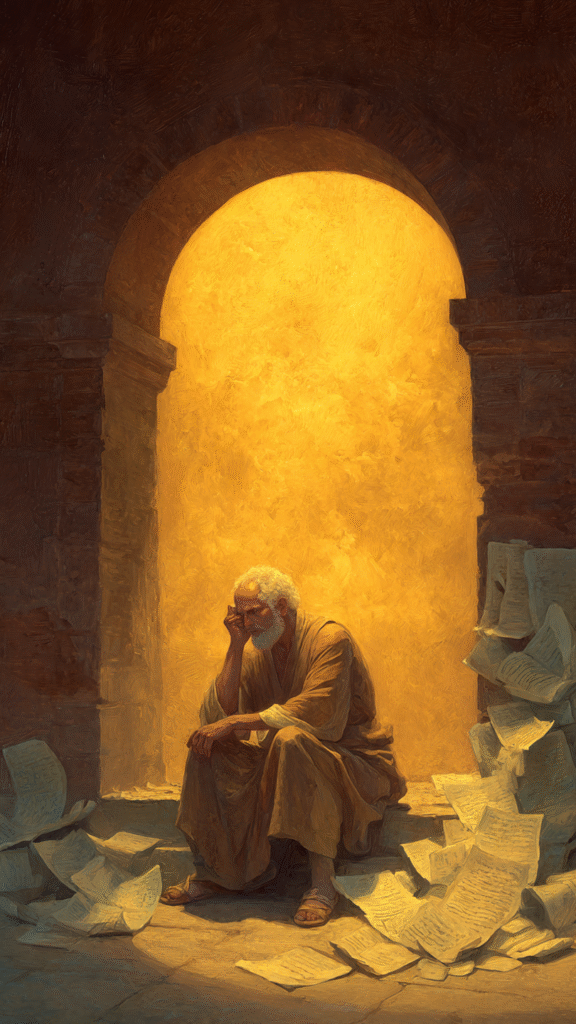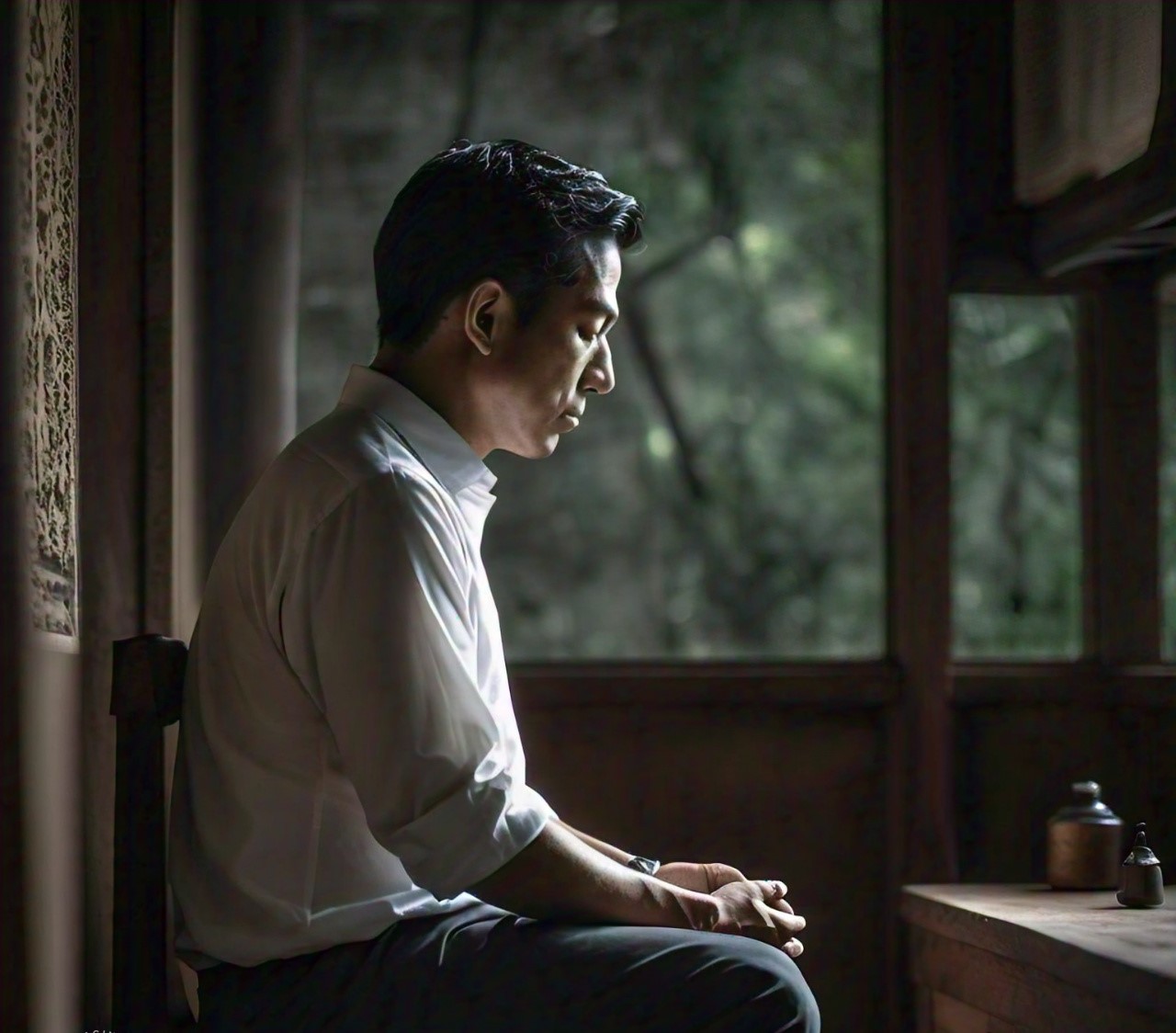In today’s world and just like always, where opinions are shouted louder than facts, where confidence is mistaken for competence, and where people would rather “feel right” than be right, the Socratic Method is a timeless invitation, not to argue, but to understand.
Socrates, the philosopher who never wrote a single book, transformed the way humans think by doing something simple: Asking questions. He believed that truth is not imposed; it is discovered, through inquiry, dialogue, and the humility to admit how little we know.
And in a world that rewards answers, Socrates reminds us that wisdom begins with honest questions.
The Power of Honest Questioning
The Socratic Method is not about debate; it is very very much about discovery, and it begins when we stop pretending to know everything and instead ask: “What do I truly believe, and why?”
Because by questioning assumptions, we expose hidden biases and contradictions in our thinking. We learn that what we sometimes call “knowledge” is often a borrowed opinion inherited from society, family, or emotion.

Socrates believed that self-ignorance was the greatest obstacle to wisdom. His method was designed not to humiliate others but to awaken them, to replace arrogance with awareness, and certainty with curiosity. So when you question your own reasoning, you do not weaken your convictions; you refine them. You make your beliefs strong enough to withstand the truth’s fire and come to learn and know better and better.
Intellectual Humility: The Foundation of True Wisdom
One of the most famous statements attributed to Socrates is: “I know that I know nothing.”
I know that sometimes and for many, at first, this sounds paradoxical, but it is actually the essence of intellectual humility; the recognition that knowledge is infinite and that even the wisest among us see only a fraction of the whole picture.
In the Socratic Method, humility is NOT weakness; it is strength; it is what allows growth to happen, but when we cling to pride or defend our ego, we block new understanding, but again, when we admit our limits, we open ourselves to learning, correction, and transformation.
In our personal lives, this humility shows up as the courage to say: I might be wrong. In relationships, it sounds like: Help me understand your point of view. And in faith, it becomes a reverent posture of seeking, not assuming we have grasped all of God’s truth, but continually hungering for more.
Applying the Socratic Method to Modern Life
The Socratic Method is not confined to philosophy classrooms or dusty, harsh dialogues, but it is very very much a tool for better thinking, leading, and living. And here is how you can practice it daily:
- Question your first thoughts: Before reacting, pause and ask, “Is this true? Is this helpful? What evidence supports it?”
- Challenge assumptions: Ask yourself, “Why do I believe this? Who told me? What if the opposite were true?”
- Listen to understand, not to win: True and honest inquiry requires silence, empathy, and patience, not dominance.
- Engage others with curiosity: Instead of trying to convince, try to uncover. Let your conversations be about shared exploration, not personal validation.
The more you do this, the more your life becomes an ongoing investigation, not into others, but into yourself, because ultimately, the Socratic Method is not about questioning the world; it is about questioning your soul.
Though Socrates was not a theologian, his method resonates deeply with the life of faith. Faith, too, begins with questions: Who am I? Why am I here? What is good? What is true?
The Bible itself is filled with divine questions “Where are you?” “Who do you say I am?” “What does it profit a man to gain the world and lose his soul?” These are not rhetorical flourishes but spiritual probes meant to awaken conscience and clarity.
Faith and philosophy meet at this intersection: The humble pursuit of truth. And whether that truth is found through prayer, study, or reflection, the Socratic posture reminds us that questions are not enemies of belief; they are expressions of it.
To question deeply is to care deeply about truth.
The Courage to Question Yourself
It is easy to question others, their motives, their beliefs, their actions, but Socrates would tell us that the hardest and holiest work is to question ourselves.
It means asking:
- Am I living what I claim to believe?
- Do I act from conviction or convenience?
- Have I mistaken information for wisdom?
Those who dare to ask these questions often find that truth does NOT flatter them; it makes them free. Because real freedom is not the right to do what we want, but the ability to live without self-deception.
Read Also: What is Objective Truth: Is Truth Even Objective or Subjective?
Read Also: To Thine Own Self Be True: The Timeless Struggle for Inner Integrity
Read Also: You Don’t Get to Be Apolitical: The Stoic Duty to Stand Up and Speak
Conclusion
The Socratic Method does not necessarily give you answers to all your questions, but it certainly very very much gives you awareness; it trains your mind to think, your conscience to discern, and your soul to seek.
In a noisy world of slogans and certainty, the one who keeps questioning is the one who keeps growing. So, do not fear the questions that unsettle you. Fear the comfort that numbs you, because the examined life, as Socrates taught, is not just a thoughtful life; it is a faithful one.





